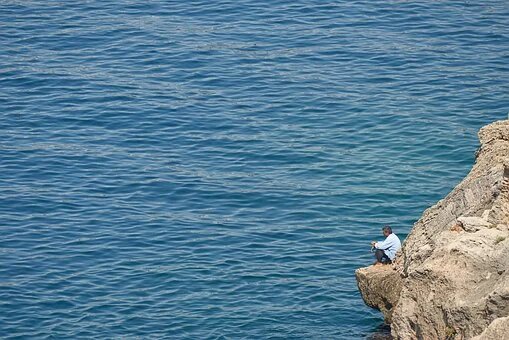
“Memory roaming” or when one mistake hides another, a more fundamental one
It only took a few hours for the Elysée to realize that the controversy over the tribute to Pétain was going to smash everything in its path and spoil the second part of the memory roaming wanted by the President of the Republic. If not compromise all the Centennial commemorations of the First World War’s armistice. A celebration of the officers and non-commissioned officers of the Great War was quickly organized, instead of the celebration of the Marshals in the Court of the Invalides.
Admittedly, General de Gaulle himself hadn’t hesitated to make the distinction between Verdun’s victory and Montoire’s handshake. Similarly, until 1992, successive Presidents of the Republic made Philippe Pétain’s tomb bloom every 11 November.
However, French people have developed a better understanding of the so called Collaboration’s reality, and more particularly Vichy’s role in the Jews deportation. Was it not the General Secretary of Pétain’s Ministry of Interior, René Bousquet, who proposed voluntarily to the Nazis to include children in the roundup of Vel’ d’Hiv’ ? in order to avoid separating families ! How could the Republic honour a man who had been sentenced to national indignity and had escaped the death penalty only because of his age ?
But this mistake, which is now being suggested to come from the Armed Forces Commandant in chief staff, would have been avoided if another, more fundamental one had not been made. Choosing to commemorate the Marshals was undoubtedly a break in the memory roaming imagined and organized for a long time by the President of the Republic.
It is not the marshals who must be honoured, but the ” Poilus ” and the citizens !
The originality and strength of this initiative lay in the idea of visiting the eleven departments devastated by the war, honouring the forever destroyed villages or the lost battles in order to pay tribute to the French’s sufferings, civilians and soldiers, who underwent for four years the weight and the consequences of an unprecedented clash. Sufferings that led to the tragic mistake of the Treaty of Versailles, and later of the construction of the Maginot Line, the acceptance of the remilitarisation of Germany and the first Hitlerian aggressions, before the June 1940 collapse.
But clearly, this different reading of the First World War was also a way for a President who is often, rightly or wrongly, accused of being more attentive to successful French than those who struggle, to appear as an aware head of state, close and attentive to hardship of his fellow citizens. A powerful message delivered on a territory which, 100 years after the end of the Great War, is suffering again for other reasons and of which inhabitants are despairing.
However, the career and behaviour of the future Marshals of 14-18 was not in line with this spirit. They did not, unlike Napoleon’s, charge at the head of their troops. They did not climb the Champagne hills or defend the Artois plateaus. They spent the war in Paris or in requisitioned castles, not in the trenches. None of their victory was due to a brilliant or innovative military manoeuvre. Their only strategy was to tirelessly send soldiers to attack enemy lines. Their victories were function of a dramatic combination between the numbers of shells fired and “Poilus” put in line, weighted by heroism, stoicism, abnegation and sometimes resignation. And it was finally the commitment of American troops in 1918, which, by changing the balance of forces, made victory possible.
The Marshals of 14-18 were therefore by no means “first in line” and the Republic has sufficiently honoured them by conferring their title.
A mistake that taints a brilliant and original initiative. Communication is definitely an art of execution … like war !
